Eggplant is a vegetable product widely cultivated all over the world, mainly in hot regions due to its low resistance to low temperature.
According to FAO Statistical Database, the largest producer on the world is China with almost 35.6 millions of tons produced, followed by India. In Mediterranean basin, another important area of eggplant production, the biggest producer is Turkey with almost 823,000 tons, followed by Egypt.
In Europe the first place is held by Italy with 310,000 tons of eggplant produced in 2020. The second producer is Spain. Nevertheless, looking into UN Comtrade statistics, Spain turns out to be the first exporter of eggplant in the world, providing the 43% of exported eggplant on the world. Second exporter is Netherlands followed by Mexico.
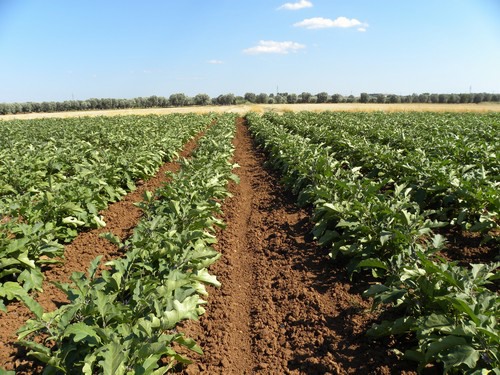
Open field cultivation in Puglia
Concerning the consumption, over recent years the trend of demand records an increase in countries relatively new to the consumption of eggplant, such as the countries of Northern Europe, in line with the data relating to all the typical vegetables of the Mediterranean diet.
In Italy, 73% of the production of eggplants are grown in the open field with almost 25% destined for industry.
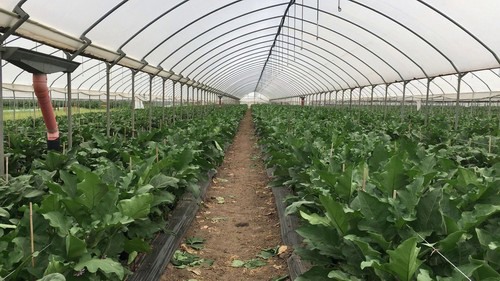
Greenhouse cultivation in Lazio
In last decade, the greenhouse cultivation has risen with an increase of 65%. That's because the greenhouse conditions allow winter transplanting in Sicily, an anticipation of spring cultivation of almost two months and yield increasing.
In Italy, most of the indoor crops are distributed between Sicily and Campania (respectively 46% and 23% - figures based on ISTAT statistics).
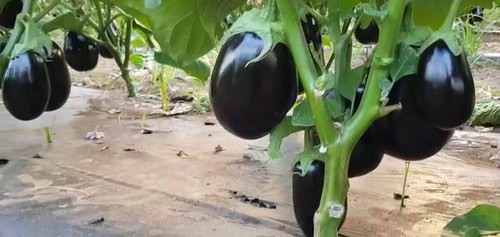
Ninfa F1, greenhouse cultivation
The most consumed types of eggplant in Europe are the round and the oval, black coloured with green calyx. From a varietal point of view, the most significant traits are yield and shelf life.
The unprofitable trend has accentuated the demand of more productive varieties with long shelf life fruits, to improve the yield and reduce the waste.
The trend of market on the current year discloses that the range of price has been from Euro/kg 1.60 (January-February 2020, product grown in greenhouse) to Euro/kg 0.40/0.50 along 24th week (figures based on Ismea Mercati).
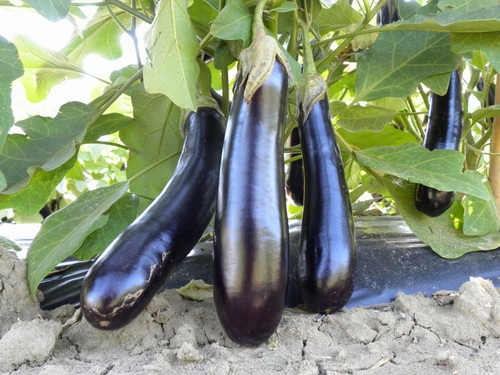
Elettra F1
It's clear that in these price conditions the yield is the key trait to choosing a variety of eggplant. Aware of this, SAIS have directed the last breeding programme of eggplant to increase the yield of varieties, mainly for black eggplants.
The results of this programme are eggplants: Elettra F1, Gioia F1 and Ninfa F1.
Elettra F1 is elongated eggplant, very popular shape in South Mediterranean Area. The plant is medium-tall, with good vigor and high fruit setting all cycle long. The average yield is estimated around 100-110 tons/ha over six months cycle.
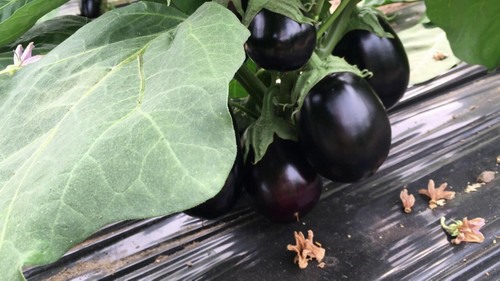 Gioia F1
Gioia F1
The fruit is elongated, with uniform shaped on the plant. The black colour is bright and it is maintained even in hot temperatures. The calyx is green without thorns.
Gioia F1 is round-oval eggplant, bright black colour with green calyx almost spineless.
The plant is very vigorous with yielding high and constant over the entire cycle. In long cycle, 8/9 months, the yield is around 180-190 tons/ha.
Ninfa F1 (photo on the right) is an oval variety, black with green calyx, almost spineless.
The plant is medium tall, with good vigor and fruit setting. The yielding is high. Good the shelf life of fruits in terms of colour and firmness of the pulp.
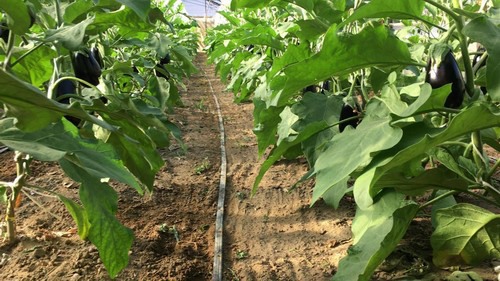
Ninfa F1 cultivation - Centre of Italy in greenhouse
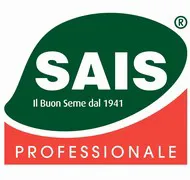 For further information, please contact:
For further information, please contact:
S.A.I.S. Sementi
+39 0547 384250
sais@saissementi.it
www.saissementi.it
